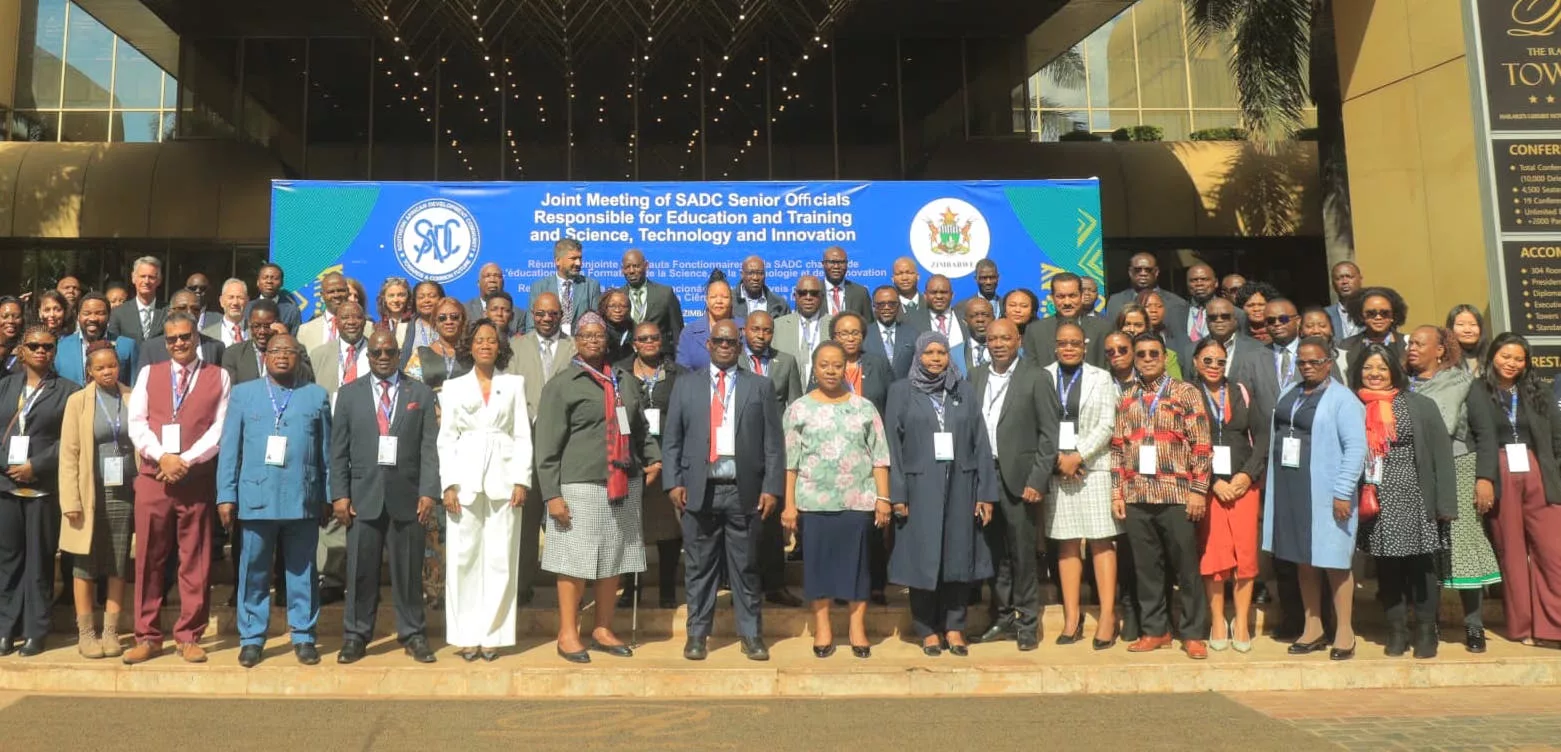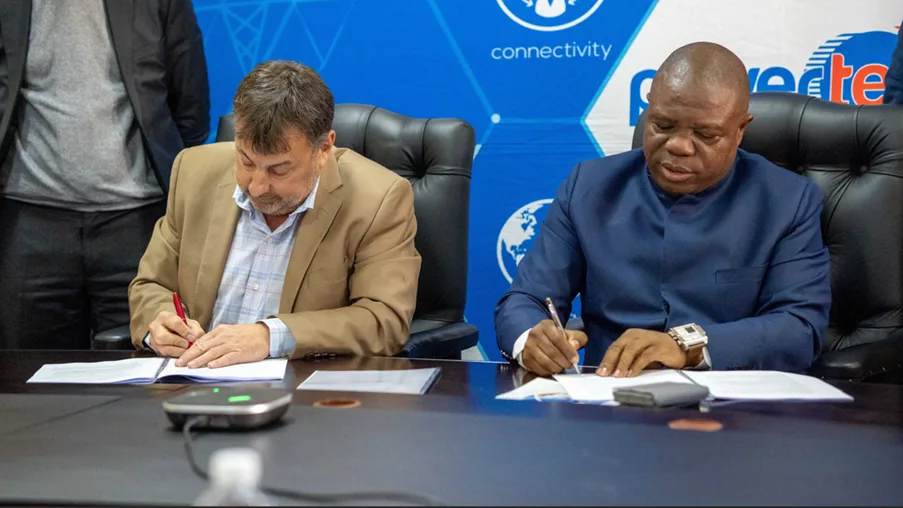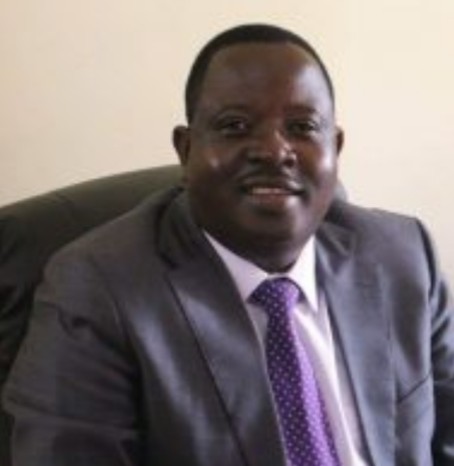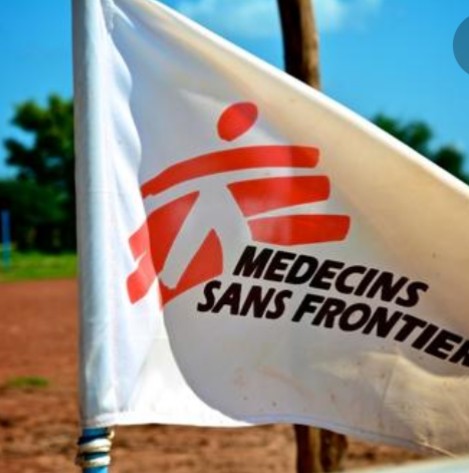|
Getting your Trinity Audio player ready...
|
By Baboloki Semele
The capital city of Ghana, Accra will host the African Development Bank Group’s 2022 Annual Meetings from 23-27 May. According to a press release from the African Development Bank, this year’s meetings mark a return to in-person sessions following virtual meetings over the last two years. The 2022 annual meetings will be held in a hybrid format with participants present in Accra and online.
The physical sessions, including statutory meetings of governors of the Bank and knowledge events, will take place at the Accra International Conference Centre. The theme for the 2022 meetings is Achieving Climate Resilience and a Just Energy Transition for Africa.
The meetings will offer Bank governors a forum to share the climate change and energy transition challenges that their countries face. They also present an opportunity to showcase policy responses to tackle these challenges.
The release further says the governors, who represent the institution’s 54 African and 27 non-regional member countries, will hold a high-level dialogue with African Development Bank President Akinwumi A. Adesina and his senior management team.
The discussions will focus on how to boost funding for climate adaptation and related matters. Climate adaptation finance currently accounts for only 10% of global climate finance. Overall, only about 19% of total international adaptation finance is programmed in Africa, with the continent receiving only 3% of global climate finance flows.
According to the release, this year’s theme aligns with preparations for the United Nations’ global climate summit (COP27), scheduled for Sharm El Sheikh, Egypt in November 2022. It will highlight Africa’s need for increased investment and other forms of financing to accelerate climate adaptation efforts.
The 2022 African Development Bank Group Annual Meetings will be the 57th Annual Meeting of the Board of Governors of the Bank Group and the 48th Annual Meeting of the African Development Fund, the concessional arm of the Bank Group.
The African Development Bank (AfDB) Group is a regional multilateral development finance institution established to contribute to the economic development and social progress of African countries that are the institution’s Regional Member Countries (RMCs).
The AfDB was founded following an agreement signed by member states on August 14, 1963, in Khartoum, Sudan, which became effective on September 10, 1964. The AfDB comprises three entities: the African Development Bank (ADB), the African Development Fund (ADF), and the Nigeria Trust Fund (NTF).
As the premier development finance institution on the continent, the AfDB’s mission is to help reduce poverty, improve living conditions for Africans and mobilize resources for the continent’s economic and social development. The AfDB headquarters is officially in Abidjan, Côte d’Ivoire.
The Bank Group has 81 member countries, comprising 54 regional member countries (RMC) and 27 non-regional member countries (NRMC). The non-regional member countries are primarily from Europe, America, and Asia.
Initially, only independent African countries could become members of the Bank. However, due to the growing demand for investments from African countries and because of the Bank’s limited financial resources, membership was opened to non-regional countries. The admission of non-regional members in 1982 gave the AfDB additional means that enabled it to contribute to the economic and social development of its RMCs through low-interest loans.
With a larger membership, the institution was endowed with greater expertise, the credibility of its partners, and access to markets in its non-regional member countries. The AfDB enjoys triple-A ratings from all the main international rating agencies.
However, the AfDB maintains an African character derived from its geography and ownership structure. It exclusively covers Africa. It is also headquartered in Africa, and its president is always African.
As a development bank, AFDB’s mission is to promote the investment of public and private capital in projects and programmes that are likely to contribute to the economic development of its stakeholders. The bank, therefore, finances projects run either by the government or the private sector.
The AfDB is one of the five major multilateral development banks in the world that provides assistance to its regional member countries with a view to helping them achieve their development goals






